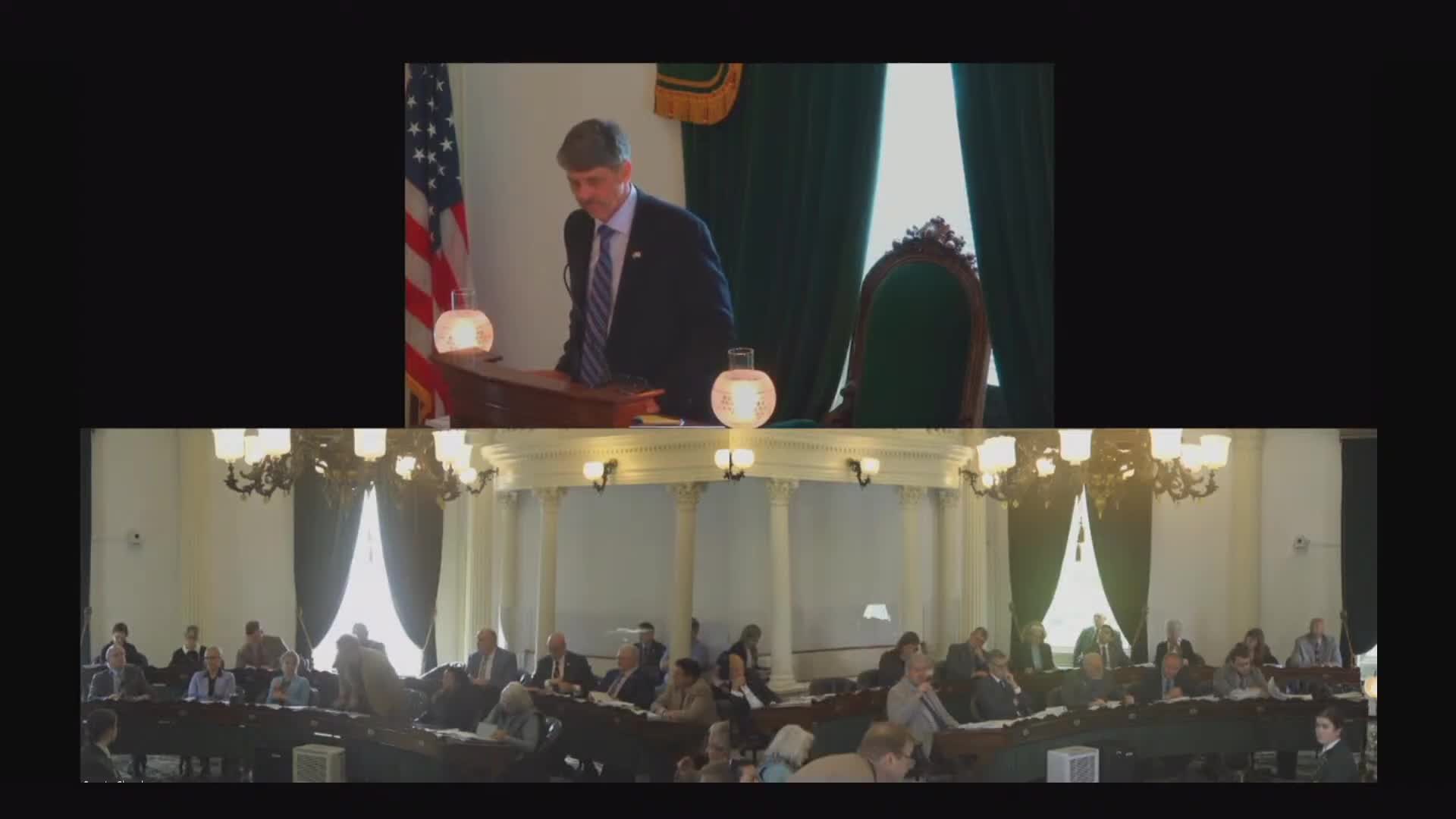Article not found
This article is no longer available. But don't worry—we've gathered other articles that discuss the same topic.

Senate concurs in broad labor and workforce amendments, removes fast-track VOSHA authority and orders reporting on late workers' compensation fees

Senate committee widens stalking definition to include electronic geolocation, allows temporary vehicle possession and early accountability programs in civil-‑

Senate backs emergency bill letting Green Mountain Care Board trim hospital payments, appoint observers amid Blue Cross solvency concerns

Senate concurs with House amendment adding judicial review of extradition waivers

Senate backs amended bill allowing intranasal epinephrine in Vermont schools; training and school supply requirements clarified

